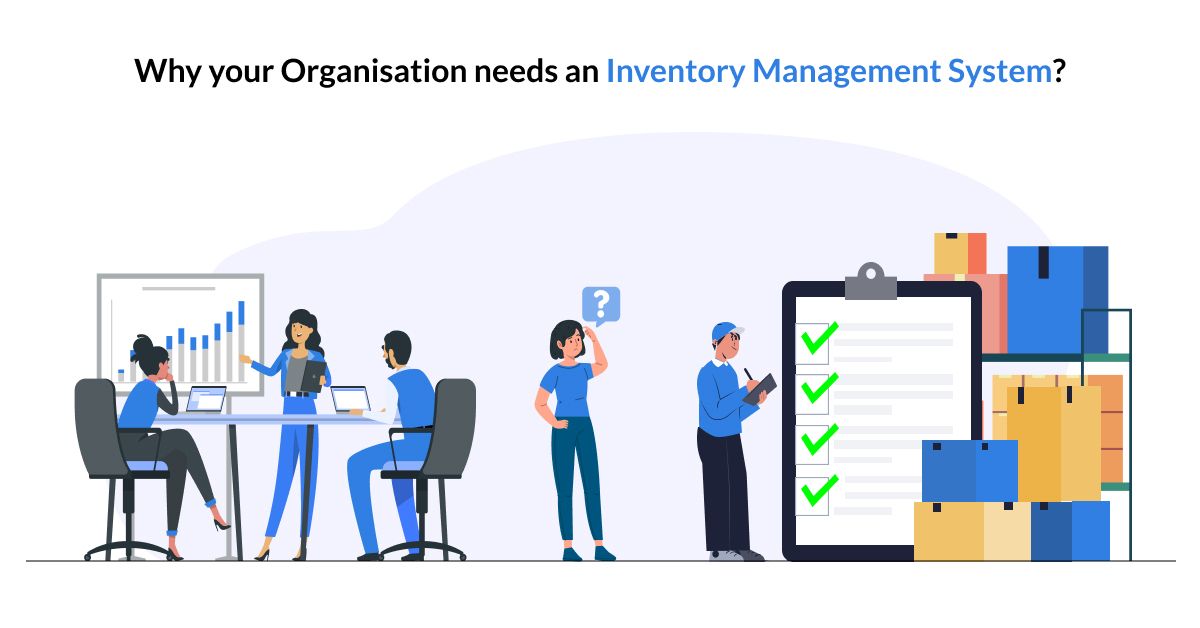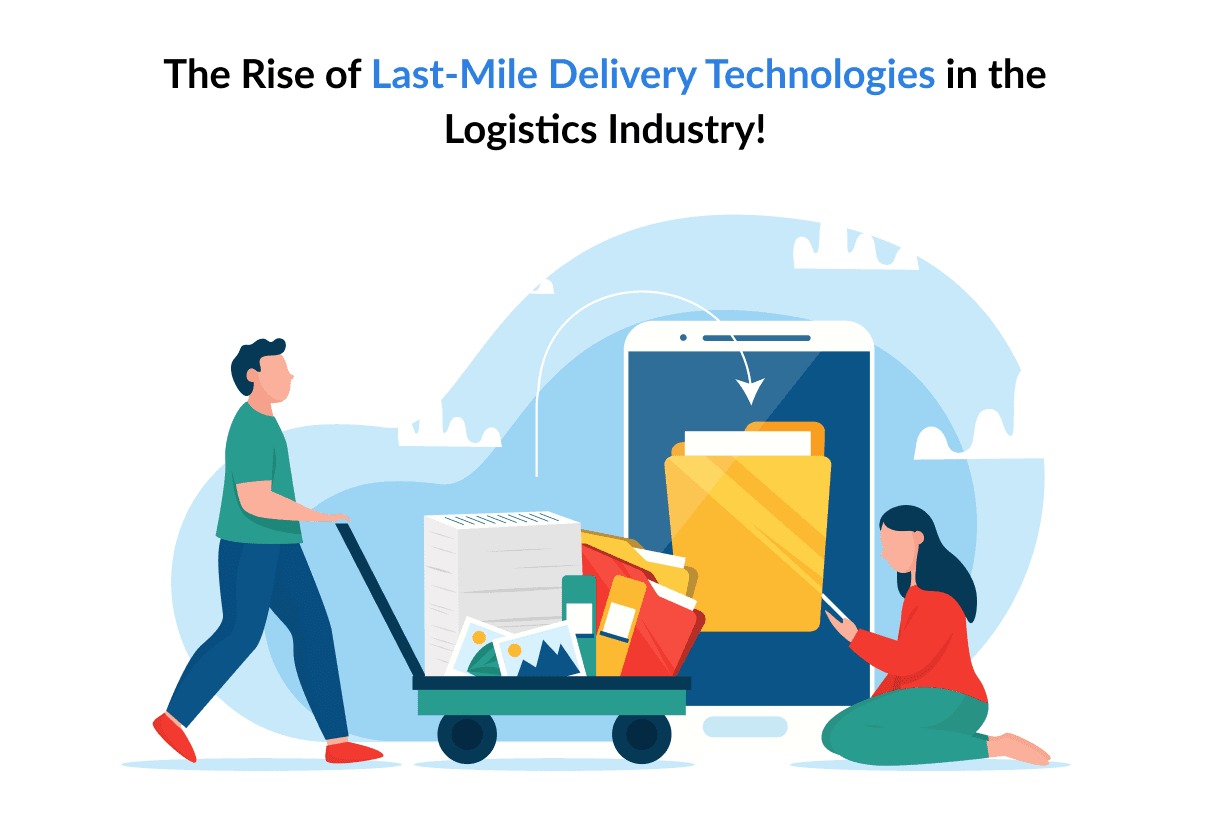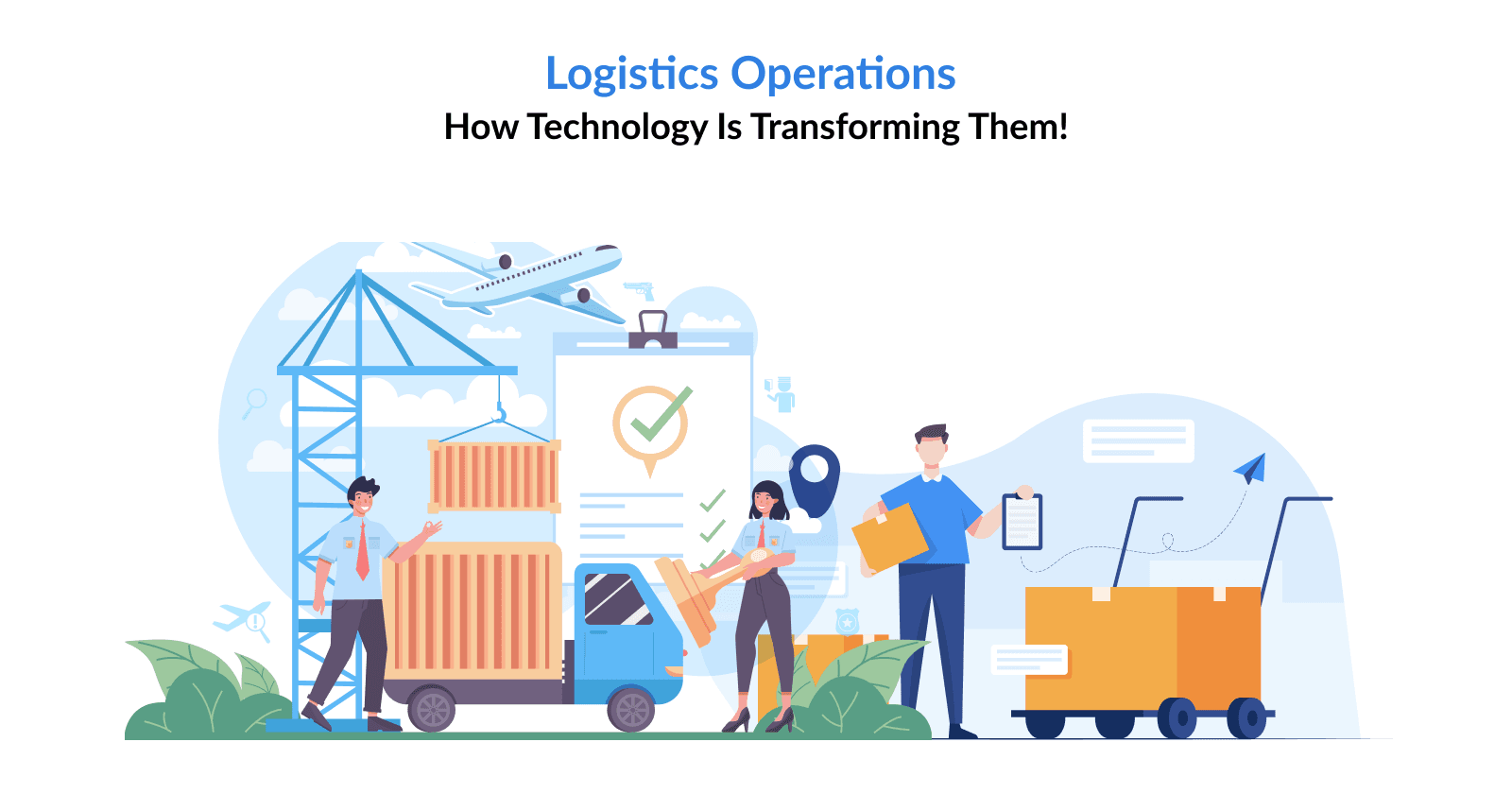Introduction
In recent years, blockchain technology has become increasingly popular in the logistics industry. With its ability to create transparent and secure supply chains, it has transformed the way companies manage their supply chain operations.
In recent years, blockchain technology has become increasingly popular in the logistics industry. With its ability to create transparent and secure supply chains, it has transformed the way companies manage their supply chain operations.
This blog will explore the role of blockchain technology in the logistics industry, its benefits, challenges, and opportunities.
What is Blockchain Technology?

Blockchain technology is a decentralized, digital ledger that records transactions across multiple computers securely and transparently. Each block in the chain contains several transactions and is linked to the previous block. Once a block is added to the chain, it cannot be altered or deleted, providing a permanent and tamper-proof record of all transactions.
Benefits of Blockchain Technology in the Logistics Industry
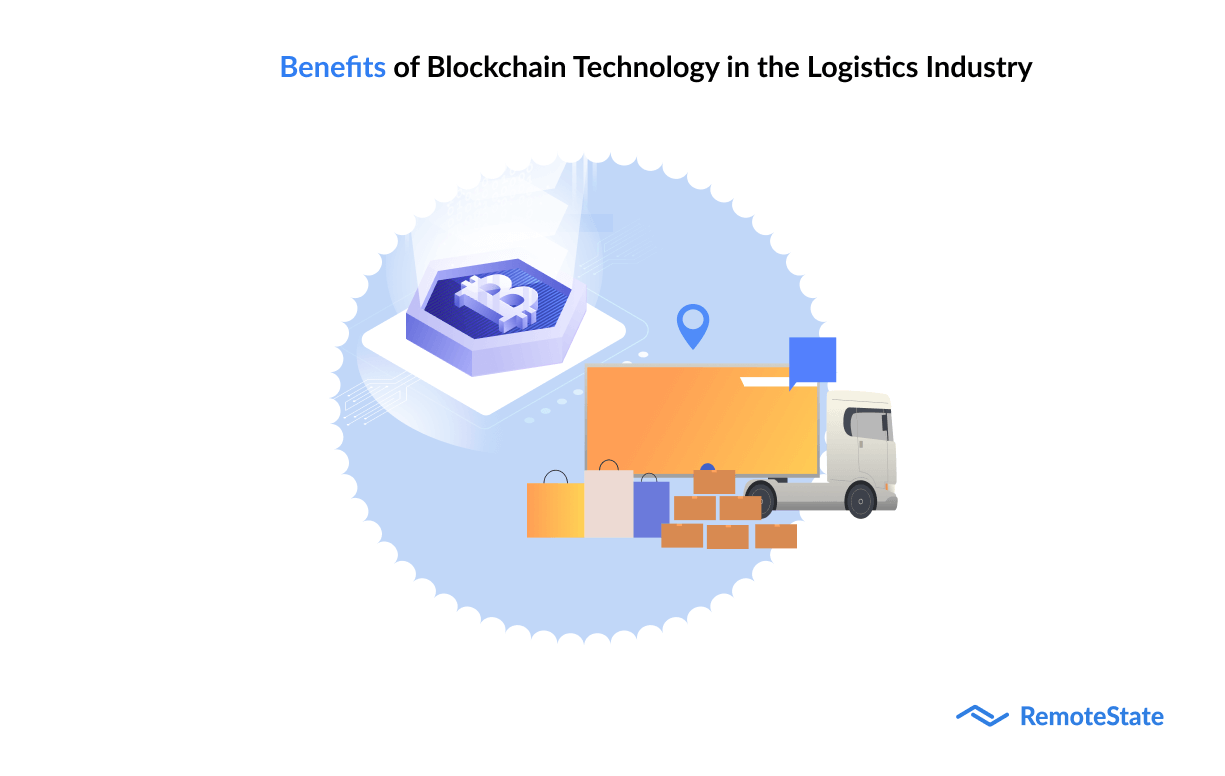
Increased Transparency and Traceability
Blockchain technology provides a secure and transparent record of all transactions within the supply chain, allowing companies to track goods and materials from their origin to their final destination. This increased visibility and traceability can help to reduce the risk of fraud and ensure compliance with regulations.
Improved Security
Blockchain technology uses advanced encryption algorithms to secure data, making it difficult for hackers to access or alter information. This enhanced security can help to protect against cyber attacks, data breaches, and other security threats.
Increased Efficiency and Speed
Blockchain technology can help to streamline supply chain operations by reducing the need for manual record-keeping and paperwork. By automating many of these processes, companies can improve efficiency and reduce the time it takes to complete transactions.
Cost Savings
By eliminating the need for intermediaries and reducing the risk of fraud, blockchain technology can help to reduce costs for companies operating in the logistics industry.
Improved Customer Service
With increased transparency and traceability, companies can provide their customers with more accurate and timely information about the status of their orders. This can help to improve customer satisfaction and loyalty.
Better Data Management
By providing a single, shared database of information, blockchain technology can help to improve data management and reduce the risk of errors and inconsistencies.
Challenges of Implementing Blockchain Technology in the Logistics Industry
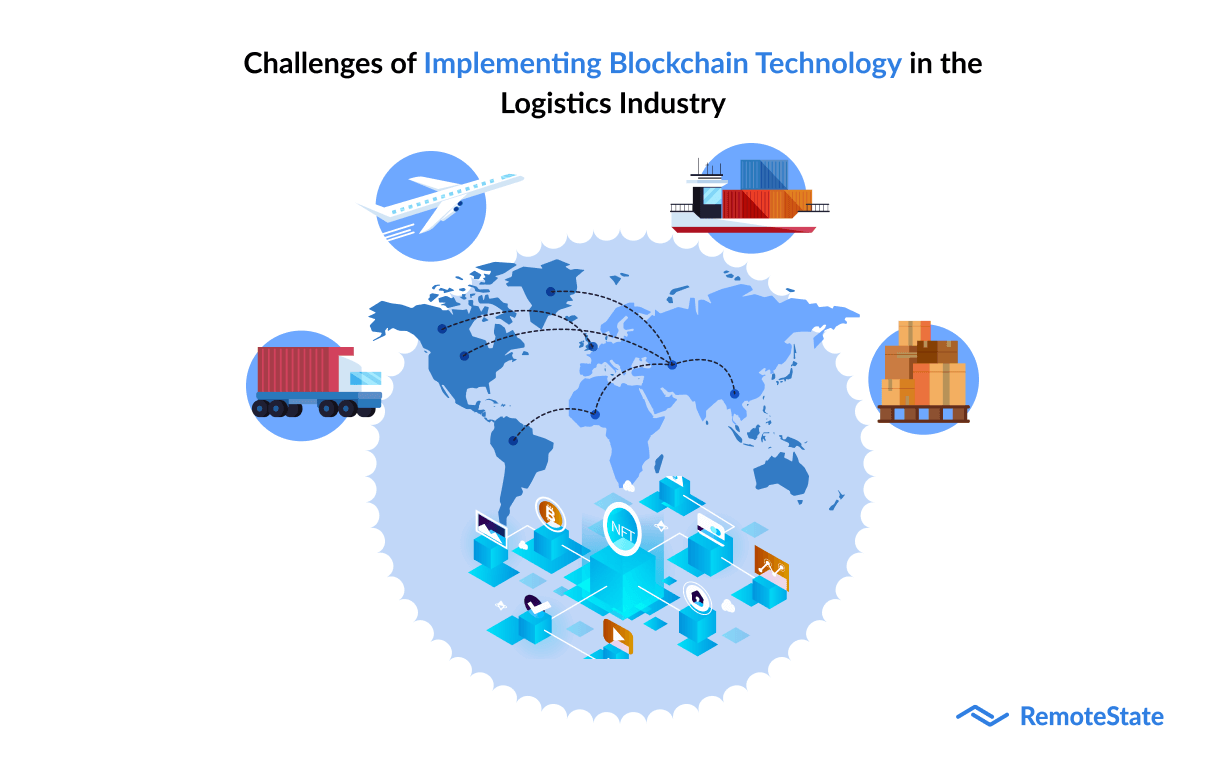
Lack of Standards
Currently, there are no standardized protocols for blockchain technology in logistics. This lack of standards can make it difficult for companies to integrate blockchain into their existing supply chain systems.
Integration with Legacy Systems
Many companies in the logistics industry still use legacy systems that may not be compatible with blockchain technology. Integrating blockchain with these systems can be a complex and time-consuming process.
Limited Scalability
Blockchain technology is still relatively new and its scalability is limited. As more companies adopt blockchain, the size of the network could become a bottleneck, potentially slowing down transactions.
Regulatory Challenges
The logistics industry is highly regulated, and implementing blockchain technology can raise legal and regulatory issues. Companies must navigate these challenges carefully to ensure compliance with relevant laws and regulations.
Adoption by Industry Players
The success of blockchain technology in logistics relies on its widespread adoption by industry players. However, some companies may be reluctant to adopt new technology due to concerns about cost, security, or complexity.
Technical Expertise
Implementing blockchain technology in logistics requires specialized technical expertise that may be in short supply. Companies must invest in training and hiring skilled professionals to ensure the successful implementation of blockchain technology.
Opportunities for Blockchain Technology in the Logistics Industry
Supply Chain Optimization
By providing a secure and transparent record of all transactions, blockchain technology can help to optimize supply chain operations, reducing costs and improving efficiency.
Enhanced Data Analytics
Blockchain technology can provide a wealth of data on supply chain operations that can be used for advanced analytics and predictive modeling. This can help companies to make more informed decisions and improve their overall performance.
Improved Collaboration
By providing a shared database of information, blockchain technology can facilitate collaboration and information-sharing between different parties within the supply chain, including suppliers, manufacturers, distributors, and retailers. This can help to improve communication and reduce delays in the supply chain.
Increased Trust and Security
Blockchain technology can help to build trust between parties within the supply chain by providing a tamper-proof record of all transactions. This increased trust can help to reduce disputes and improve overall security.
Improved Sustainability
By providing increased transparency and traceability, blockchain technology can help companies to track their environmental impact and make more sustainable decisions. This can help to reduce waste and improve overall sustainability.
New Business Models
Blockchain technology can enable new business models within the logistics industry, including peer-to-peer logistics networks and decentralized marketplaces. These new models can help to reduce costs, increase efficiency, and provide new revenue streams for companies operating in the logistics industry.
Conclusion
Blockchain technology has the potential to revolutionize the logistics industry by providing increased transparency, security, and efficiency. While there are challenges to its implementation, the benefits of blockchain technology in logistics are significant.
By embracing blockchain technology, companies can improve their supply chain operations, reduce costs, and improve customer service. As technology continues to evolve, we can expect to see new opportunities for innovation and growth within the logistics industry.
Unlocking the Potential of Blockchain Technology in the Logistics Industry with Remotestate: Your Trusted Partner for Customized Solutions!
Remotestate can help companies in the logistics industry to implement blockchain technology. Remotestate has expertise in developing blockchain solutions and can work with logistics companies to design and implement customized blockchain solutions to meet their specific needs.
By partnering with Remotestate, logistics companies can leverage the benefits of blockchain technology to create more efficient, transparent, and secure supply chains.
Remotestate can help companies to overcome the challenges of implementing blockchain technology and unlock new opportunities for growth and innovation within the logistics industry.
FAQs
What is the role of blockchain technology in the logistics industry?
Blockchain technology can create transparent and secure supply chains, providing increased visibility, traceability, and security for companies operating in the logistics industry.
What are the benefits of blockchain technology in logistics?
The benefits of blockchain technology in logistics include increased transparency, security, efficiency, cost savings, improved customer service, and better data management.
What are the challenges of implementing blockchain technology in logistics?
The challenges of implementing blockchain technology in logistics include a lack of standards, integration with legacy systems, limited scalability, regulatory challenges, adoption by industry players, and a need for specialized technical expertise.
What are the opportunities for blockchain technology in logistics?
The opportunities for blockchain technology in logistics include supply chain optimization, enhanced data analytics, improved collaboration, increased trust and security, improved sustainability, and new business models.
How can companies benefit from adopting blockchain technology in logistics?
By adopting blockchain technology, companies can improve their supply chain operations, reduce costs, and improve customer service, while also gaining access to new opportunities for innovation and growth within the logistics industry.
Publication Date
2023-05-11
Category
Logistics
Author Name
Sajal Nehra
